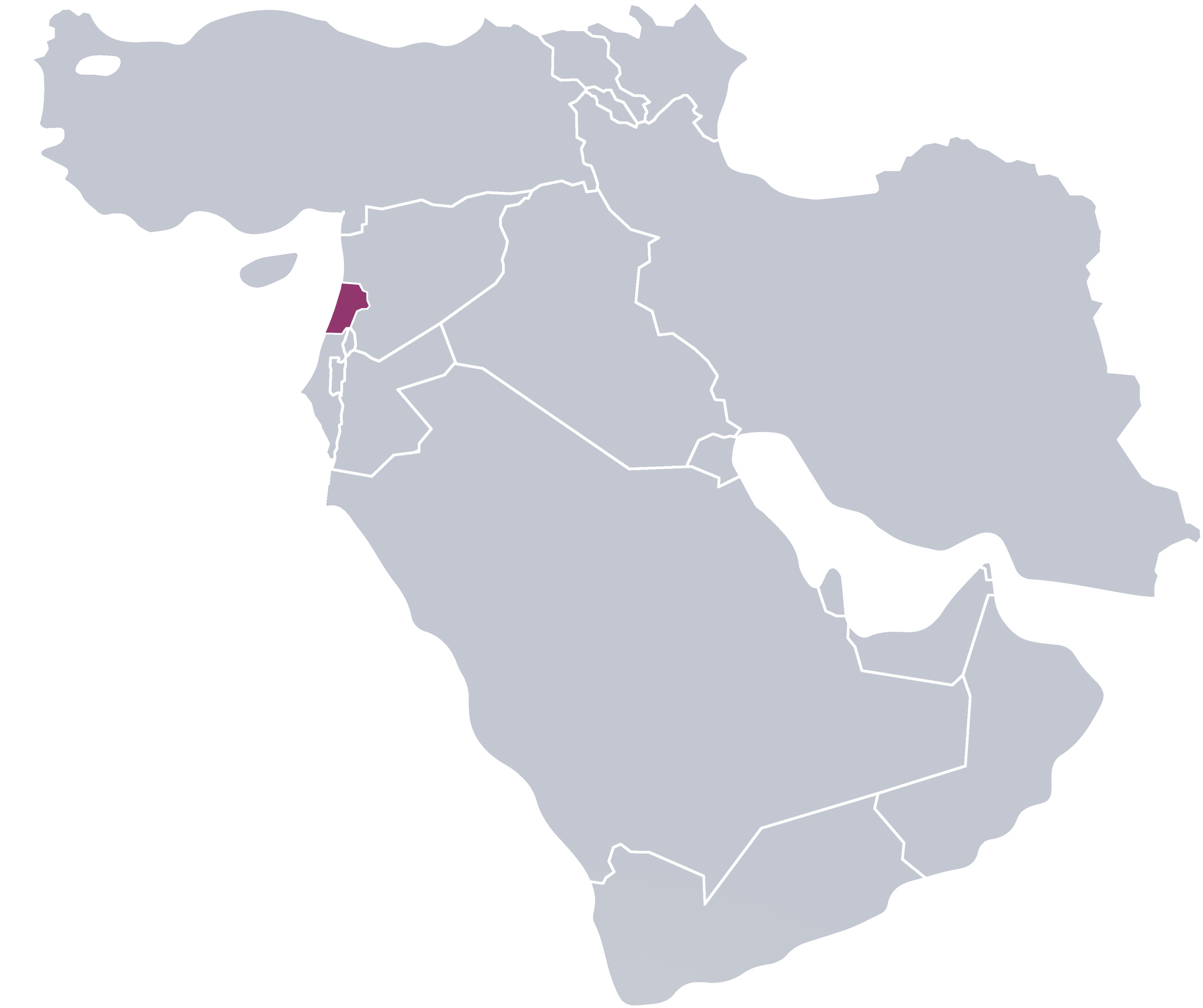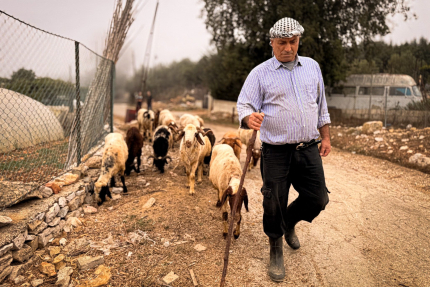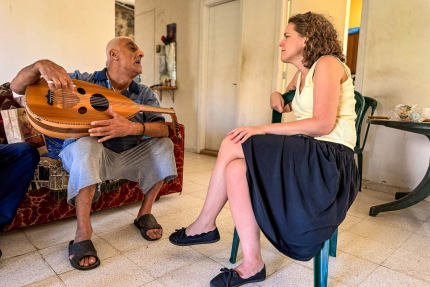This Father’s Day, Georges from Lebanon won’t be receiving a bag of coffee or a bottle of aftershave. His true gift—the most precious treasure and the greatest challenge in his life—is his 50-year-old daughter, Rania. When she was six, an anesthesiologist’s error robbed her forever of her independence. The bright, promising little girl became completely dependent on her parents overnight.
Today, her world is limited to the four walls of their home, and her retired parents are her hands and feet. Georges calls her the apple of his eye. He loves her without limits. But in Lebanon—a country the World Bank has called the site of the most severe economic collapse in modern history—love is not enough. When everything around you is falling apart, and a box of paracetamol costs 10% of the average monthly salary, relief from pain becomes a luxury you can’t afford.
Georges has loved Rania since the day she was born, and he will love her until he closes his eyes for the last time. The best gift for his Father’s Day would be health—the strength to keep caring for her for one more day, one more month, one more year.
But when Georges or his wife Latifa run a fever, they can’t afford to spend the day in bed. Who will give Rania her medicine? Who will check if she has eaten or if she’s okay?
In Lebanon, paracetamol costs one-tenth of a monthly wage. That’s like paying several hundred złoty for a blister pack of a basic painkiller in Poland. Georges often goes without his own medication to make sure Rania has everything she needs. Latifa does the same, even though she needs around 20 different meds each day. Both are aging faster than they should.
One small gesture—a €2 purchase of paracetamol through GoodWorks 24/7—could give Georges the strength he needs today to continue caring for his beloved daughter. Let’s show him that in his quiet, heroic love, he is not alone.





